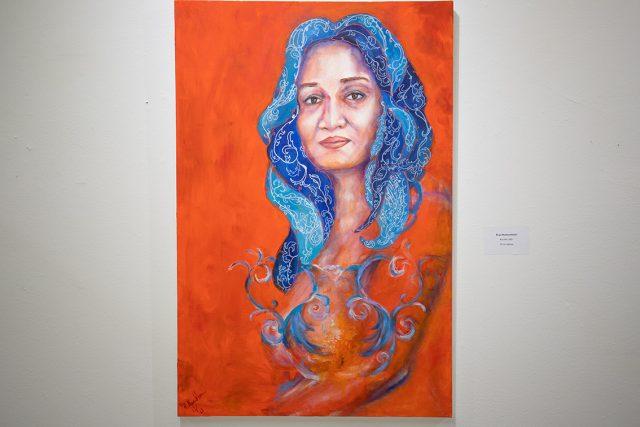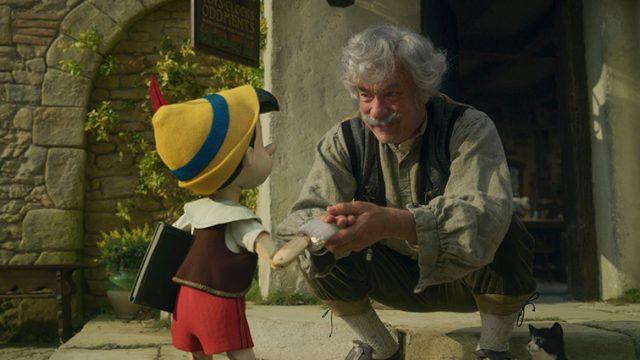
KEYLA HOLMES
reporter
collegian.editor@tccd.edu
As a collective, more of an effort is arguably being made to respect and appreciate Black bodies.
From casting Black actors and actresses in shows and movies, to being more receptive to hearing the stories and perspectives Black women and men have to share. The kicker though, is that in the midst of valuing Black life, White America has also played an integral part of defining it.
Black Enough.
What does that mean? Honestly, I’m not completely sure. Is Blackness talking a certain way, maybe it’s dressing a certain way or liking certain sports more than others? Maybe it’s believing in the same deity, or growing up with certain values.
While Black Americans may generally resonate with certain ideas or truths, it’s harmful for others, especially non-Black people, to question the validity of one’s Blackness.
It can say a lot about what narratives have been pushed about Black people, and which ones stick. Part of why representing Black people in a variety of ways is to humanize them. Just like the rest of those in society, Black people have their own unique dreams, interests, and passions.
Having gone to predominantly white schools throughout my life, I always felt like I was supposed to be living up to certain stereotypes in order to be deemed “Black enough.”
My experiences made me begin to become aware of how others were defining Blackness. What was so frustrating was how I was already having to be hyper aware of how I was presenting myself anyways. Not only was I growing up and continuously figuring out who I am and want to be, but I was also very concerned with making myself as easily “digestible” as possible.
It seemed like being reserved, for example, was not a Black trait. What I found interesting was that Black women are often labeled as angry or difficult. It seemed like because I had more of a reserved and passive personality, the people at school figured that I must not be Black. As if defiance and aggression are the cornerstone of Blackness.
While Black people, like many marginalized groups in America have experienced struggle, why do we time and time again, portray Blackness through this lens. While it’s important for people to feel seen and understood in TV shows and movies, at what point does it become harmful to so closely associate your identity with strife?
Black people. Black human beings are multi-dimensional. While there’s value in recognizing and illuminating the many obstacles that exist for Black Americans, it’s also important to present stories of Black people falling in love, or saving the day in the next Marvel movie.
There’s no such thing as “Black enough”. The community has already gone through enough when it comes to trying to fit into a society that has historically not considered them when taking care of the American people.
It’s important to not let stereotypes dictate how we view people and remember that everyone’s differences are worth exploring.
































